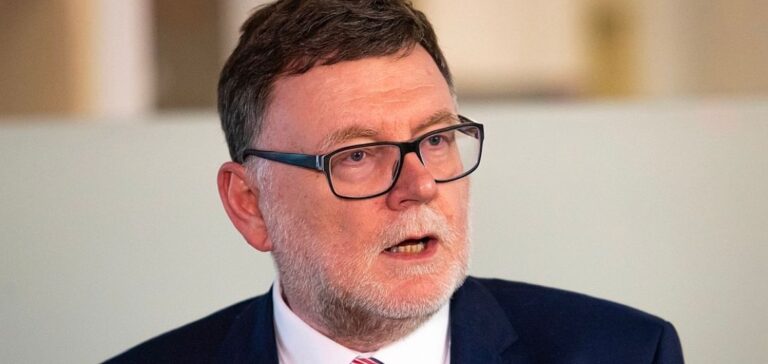In the Czech Republic, the government’s national plan to alleviate rising electricity costs would cost up to $5.3 billion. According to the Minister of Finance, the text would include a form of price cap. In addition, the country is starting to implement a reduced electricity tariff for households.
Czech Republic announces new taxes
In the Czech Republic, Finance Minister Zbynek Stanjura says a windfall tax is being considered. According to the interview given to the daily Hospodarke Noviny, the project would affect energy groups. However, some measures would also include refiners, banks, and fuel and electricity traders.
The new tax would thus be applied in parallel with plans to cap electricity prices in the Czech Republic. In addition, another source of funding would tax the dividends of the power producer CEZ. According to the Minister of Finance, the company, which is 70% owned by the state, could record a record profit this year.
A government under pressure
In the Czech Republic, the government intends to unveil new measures next week to control rising electricity prices. These new measures are part of a pan-European solution being discussed by the EU Member States. The lower house of the Czech parliament is expected to debate a bill containing the government’s measures on September 16.
In the Czech Republic, the government is under fire for its slow response to the crisis. In fact, tens of thousands of people participated in a demonstration organized on September 3. Finally, the unions are also planning a new demonstration in October to protest against soaring prices.






















